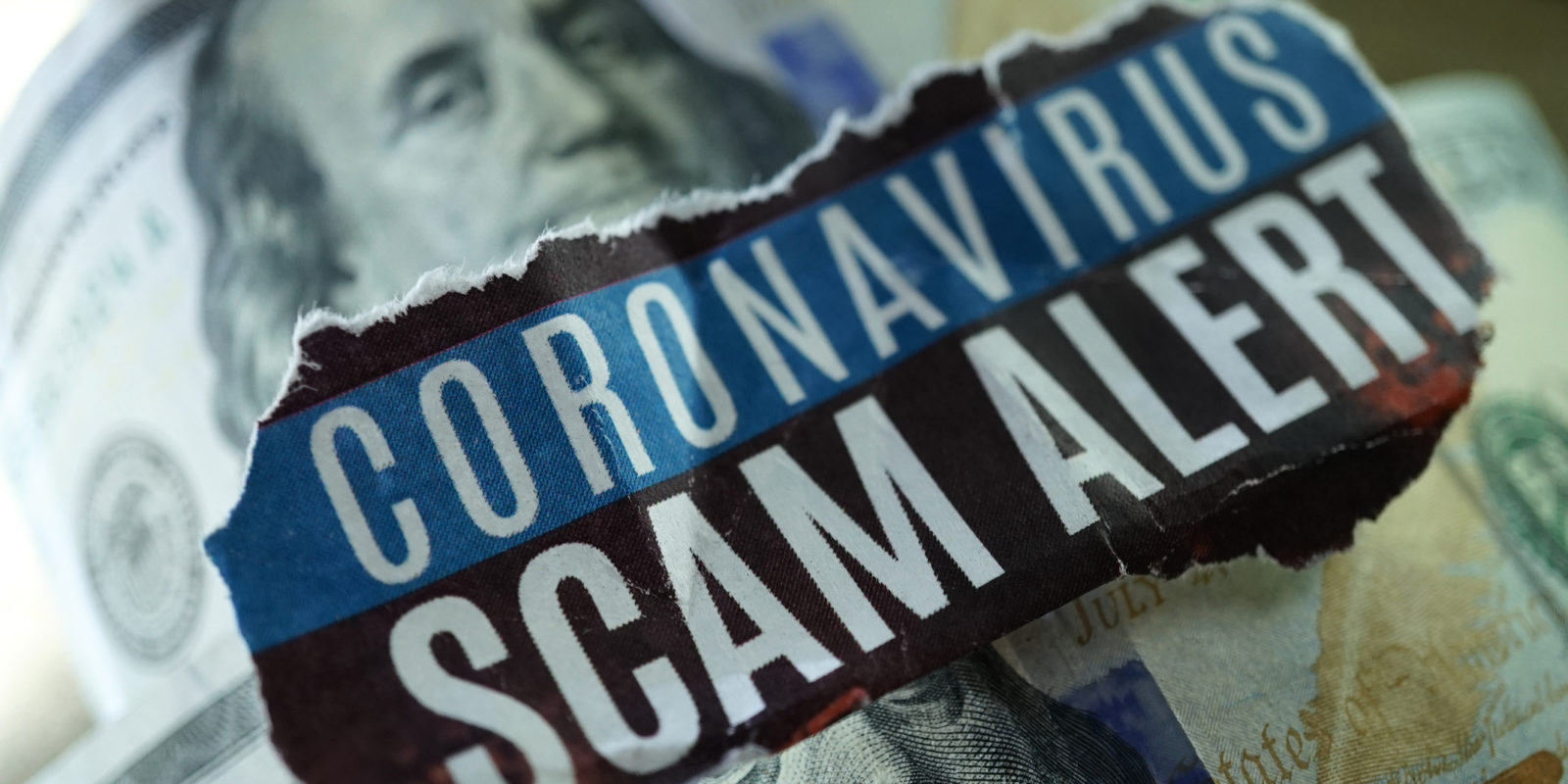Since the signing of the Coronavirus Aid, Relief, and Economic Security (CARES) Act, identity thieves and fraudsters have profited from a new set of ways to scam businesses and individuals.
The Cybersecurity and Infrastructure Security Agency (CISA), Department of Treasury, Internal Revenue Services, and United States Secret Service have urged all Americans to be on the lookout for criminal fraud related to economic impact payments and the Paycheck Protection Program.
Protect Yourself from Economic Impact Payment Scams
The primary route criminals are taking at this time is through emails and text messages designed to trick individuals to providing personally identifiable information and bank account details. If you want to know where your economic impact payment is or sign up for direct deposit of your payment, the IRS.gov Get my Payment page is the ONLY website you should submit your information. Remember, the IRS will not contact you by email, text message, or social media to collect your information.
Ransomware is also being used as a way to extort money from victims, steal personal information, and interrupt the cashflow of the CARES act funds. We are always taking steps to make sure our systems are as secure as possible.
If you believe your information may have been compromised, report it to the financial institutions and organizations so they can watch for suspicious activity. Keep track of your charges to see if there are any unusual transactions. Finally, change your passwords immediately.
Protect Your Business from COVID-19 Scams
The Small Business Administration’s Office of Inspector General is seeing unprecedented levels of potential fraud schemes related to the Coronavirus Aid, Relief, and Economic Security Act (CARES Act). Small business owners and individuals alike should be on alert for grant fraud, loan fraud, and phishing schemes
First, take caution when seeking Small Business Administration program information. Consider the following points to protect yourself:
- A Small Business Administration representative will not contact you directly.
- No organization can guarantee approval of an SBA loan. Anyone claiming this should be avoided.
- Avoid anyone trying to charge more than the set fee for brokers for processing SBA loans is fraudulent.
In addition, keep an eye on your inbox for these red flags:
- If you are applying for a loan and receive an email asking for personal information, check the referenced application number to make sure it matches yours before submitting.
- An email using the SBA logo could be fraudulent or install ransomware/malware.
- If you receive an email from someone claiming to be from the SBA but their email doesn’t end in @sba.gov
Report Fraud
Report any suspected fraud to OIG’s Hotline at 800-767-0385 or online.
If you need assistance tracking your accounts, contact your local branch.
